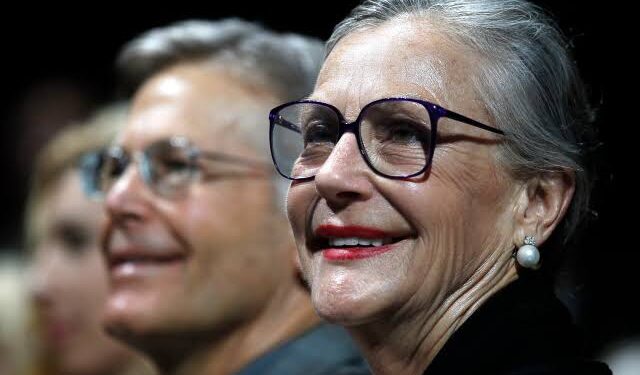The International Monetary Fund, an international organisation that provides financial assistance to countries facing economic difficulties, has released Nigeria’s financial position report as of April 30, 2024.
This is based on the most recent information on the Fund’s website on Monday, according to The Punch.
According to the report, Nigeria has been fulfilling its financial obligations to the IMF, as there are no past-due payments to the institution.
On March 30, 1961, Nigeria became a member of the IMF under Article XIV, which specifies the membership status and responsibilities of the nation.
Nigeria’s quota as a member is SDR 2,454.50 million, or 100% of the quota; in currency, the IMF has SDR 3,183.15 million, or 155.35% of the quota.
The amount of money Nigeria has available for usage right now, or the reserve tranche position, is SDR 175.47 million (7.15 percent of quota).
Special Drawing Rights, an international reserve asset used by the IMF, is not a currency but is based on a basket of currencies, including the US dollar, euro, Chinese renminbi, Japanese yen, and British pound sterling. This allows countries to borrow funds from the IMF in times of economic need.
Nigeria has outstanding purchases and loans totaling SDR 1,534.06 million (62.50 per cent of quota), including emergency assistance.
The report does, however, emphasize that the nation has paid all of its past-due debts to the IMF, indicating that it is committed to fulfilling its financial obligations.
The IMF is expected to receive payments of SDR 613.63 million in principal in 2024 and 2025, as well as SDR 32.34 million to SDR 78.69 million in charges and interest in 2024 and 2028. This represents Nigeria’s upcoming financial duties to the IMF.
Economic expert, Shadrach Israel, stated that “this report demonstrates Nigeria’s commitment to meeting its financial obligations to the IMF, avoiding any overdue payments.
“The country’s membership status, quota, and reserve tranche position highlight its financial commitment to the IMF, while the use of Special Drawing Rights facilitates borrowing and financial assistance.”











